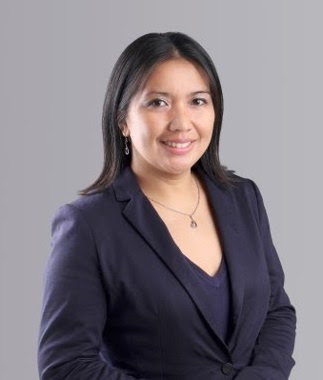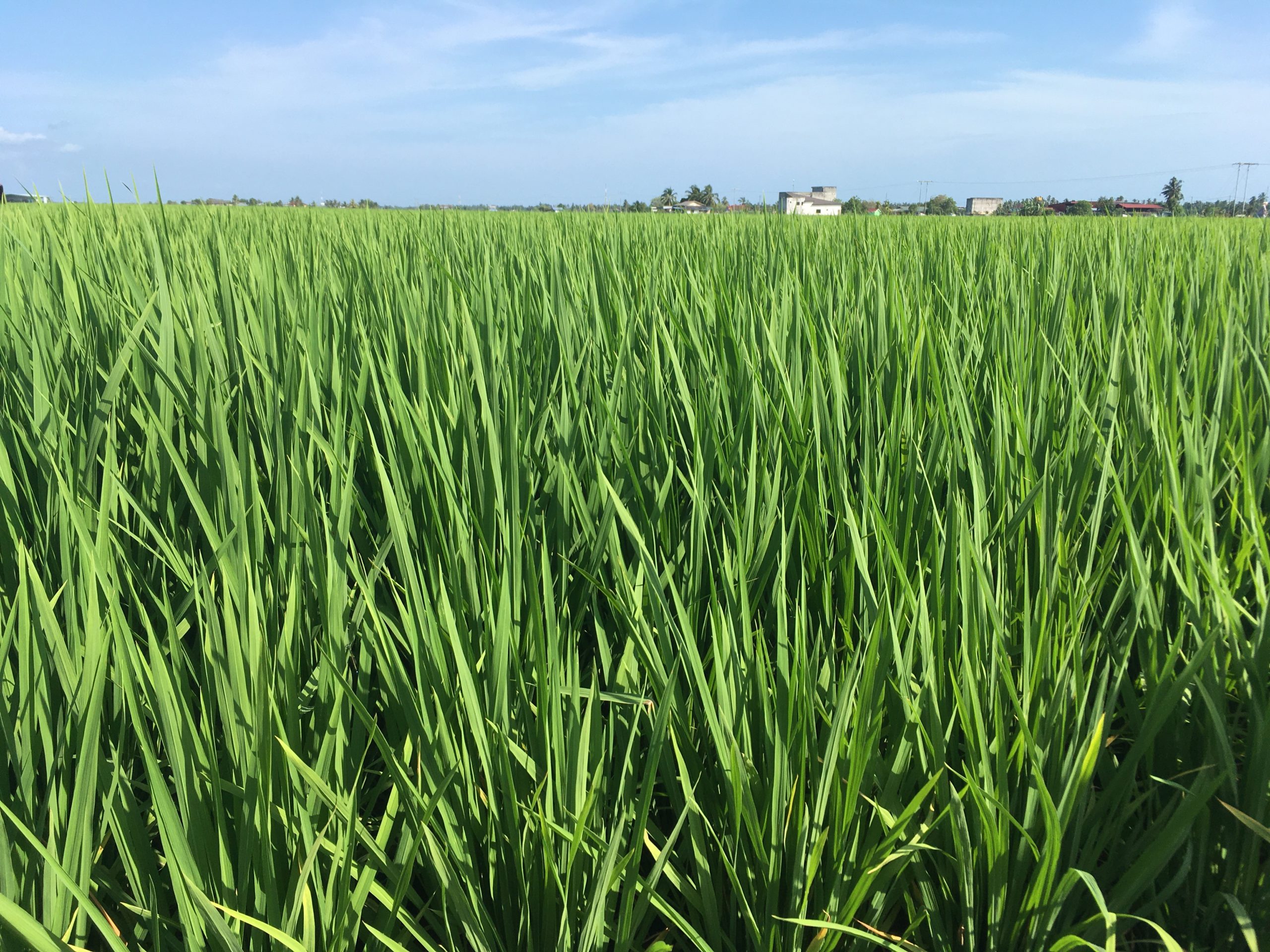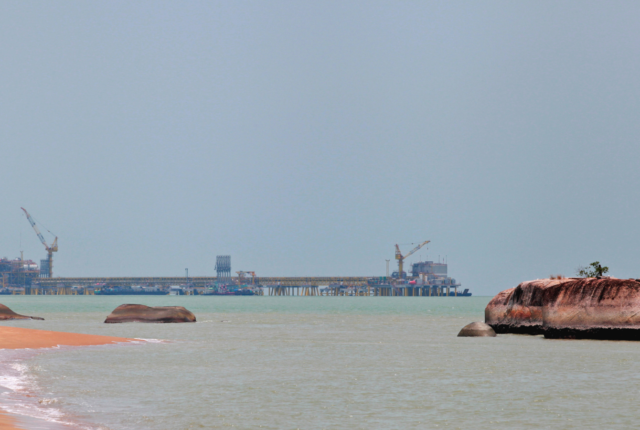By Rosanele Romero
People, planet and purpose are why I explore the earth. I learned the ropes in the upstream petroleum industry, and today I champion sustainable geoscience.
In 1994-1996, I attended Pearson College in Canada, one of the 18 United World Colleges (UWC) that promote peace and sustainability through education. With other scholars from at least 60 different countries, we learned about international issues at a personal level; we lived together to find the common good. This is also where I first learned about sustainable development.
After pursuing the SDG Academy’s online course on Environmental Security and Sustaining Peace, I came across their course Sustainable Development: The Post-Capitalist Order. The eight-week course introduced sustainable development as a global framework. It redefines wealth and economic growth to complement “the way we live, work, and govern our planet.” The definition of eudaemonia and how sustainable development is closely tied to happiness and well-being was what first caught my attention because, at UWC, well-being was so important to how young adults can thrive in our relationships, commitments, and activities. Since this SDG Academy course covered topics on economic well-being, social justice and environmental sustainability, it was reminiscent of my UWC experience.
I reflected on the responsibilities of the private sector (including multinational companies), state agencies, and civil society in ensuring that we live in a just and fair world. The module on ‘Capitalism and Injustice’ that dealt with issues about power (colonialism and slavery, discrimination, and indigenous rights), gender inequality, and social classes was closely linked to a campus-wide simulation on food scarcity which I experienced at Pearson College.
In this simulation, we played the role of different stakeholders. The ‘influential few’ controlled the cafeteria food; the unfair rules on food allocation caused an explosive chain of events––the ‘rich’ hoarding supplies, ‘workers’ going on strike, ‘peasants’ stealing food, the ‘desperate’ and the ‘powerful’ resorting to violence to gain control. For some, this role play was not amusing at all. In my case, the 1980s sugar famine in Negros, Philippines, during the Marcos dictatorship is not to be forgotten. Sadly, these resource conflicts still happen in many communities.
Sustainable Development: The Post-Capitalist Order highlights the flaws of global capitalism and geopolitics that prioritize profits over people and convenience over the care for our environment. The case studies relate to the way economies are run, how financial investment decisions are made, and the socio-environmental and political implications of decisions rooted in natural resource extraction.
As a geologist, I have pondered about the ‘substance of civilizations’ aptly naming historical periods like the Stone Age, the Iron Age, the Fossil Fuel Era, and, particularly, the Industrial Revolution. Our reliance on petroleum is diminishing as the world energy mix is diversifying. The daunting task requires a steady energy supply to provide electricity, to supply safer and cleaner means to cook food and to power transportation. These are still not available to around 2 billion of the world’s population, and energy security will continue to be a sensitive geopolitical issue.

As a UWC student, I visited Canada’s Race Rocks marine ecological reserve often. In open water, I enjoyed the sea breeze, watched the sea animals safe in their habitats and marveled at the marine resources of the Pacific Northwest. Back in the Environmental Systems lab, we applied sustainable development concepts; for instance, by managing a small-scale mussel farm enterprise and by studying resource-related conflicts in mega-infrastructure projects.
In 2006, I returned to Vancouver Island for a UWC reunion and saw that EnCana was running a pilot tidal energy project in Race Rocks to evaluate the electricity generation potential for the reserves operations. Alternative energy sources replaced the island’s diesel generators; however, trying out small-scale technological innovations helped identify sustainable solutions suitable for the community and the environment. Finding the perfect balance to optimize efficiencies from seasonal renewable energy sources, complemented by traditional energy sources, is not yet economically competitive. Among the innovators, the IFP Energies Nouvelles studies ways to harness and store the infinite energy resources for future use.
Our societies reached a critical juncture in 2019 amidst the backdrop of forest fires, tropical cyclones, and pollution. This inevitable downward spiral was then punctuated by the SARS-CoV-2 virus. The COVID-19 pandemic has brought to the forefront States who have policies and strategies to lift up their population as a whole, and those agile enough to secure vaccines––leaving behind the nations that were caught unprepared despite being known as ‘prosperous’ economically. Technological advances and social investments, thankfully, helped with the development of more than one vaccine. The challenge is how to ensure that the privilege and those who have the financial security are not the only ones who benefit.
Hopefully, finding common ground not only rests in the big challenges we face, but in the way we achieve most, or all, of the Sustainable Development Goals by 2030.

Rosanele Romero is a Filipina geologist in Kuala Lumpur, Malaysia. She obtained her MSc Petroleum Geoscience degree from the Imperial College London. She has 20 years of international experience in new venture exploration and greenfield development, resource assessment, decision-based project framing, and design thinking. On her day job, she does geology research. She writes about traditional and innovative ways private and public partnerships work together to share insights related to sustainable energy solutions that worked and failed. She is passionate about sustainable geoscience and contributes to narrow the communication gap between technical and layman’s terms. She is a lifetime member of the Geological Society of the Philippines and is serving as an Asia-Pacific Region delegate for the American Association of Petroleum Geologists for 2020-2023.

